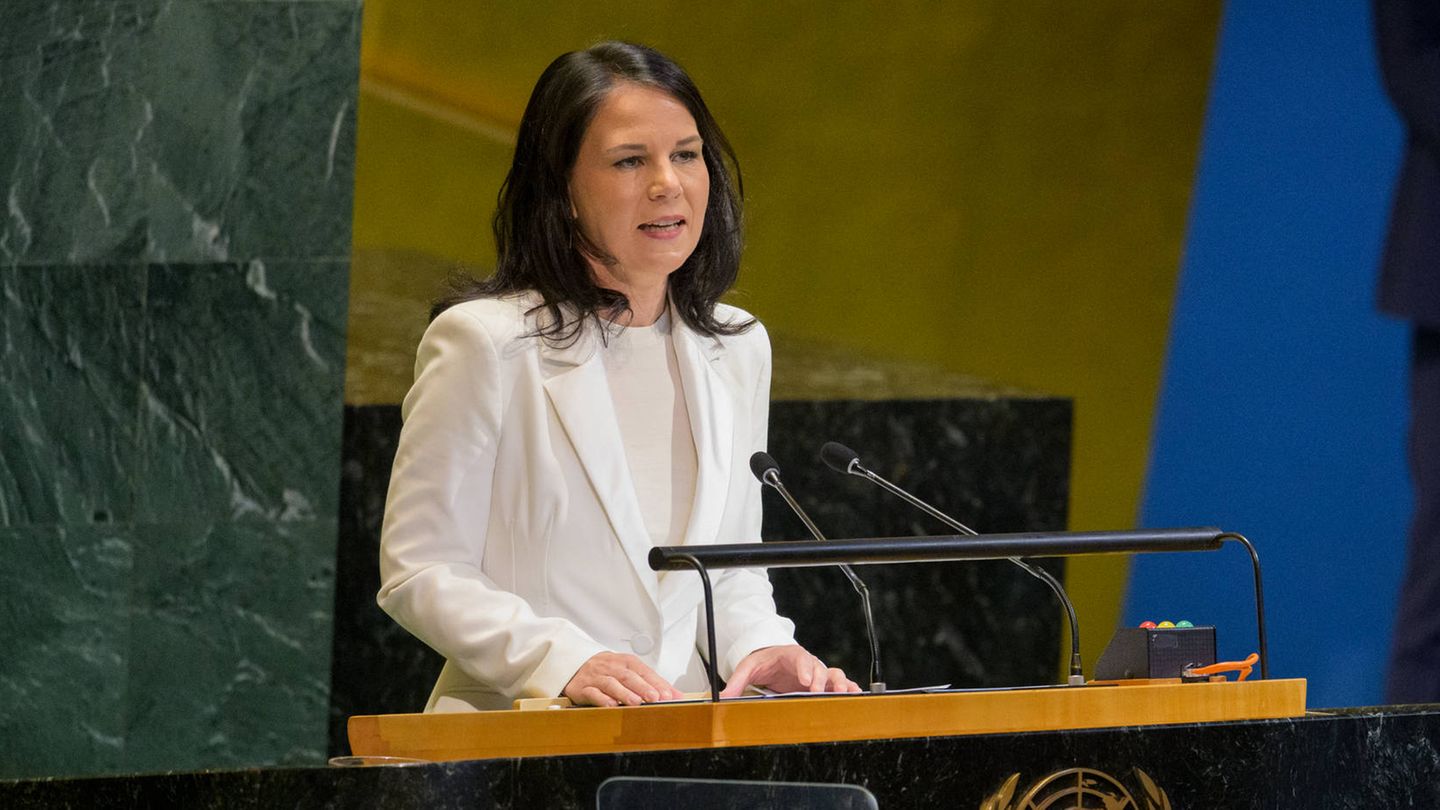This week begins a key period for the Government where crucial issues for the Argentine economy will be debated. One of them is that the Ministry of Economy will begin meetings with the International Monetary Fund (IMF) where it will be agreed for the first time, how the due dates will be carried out this year and the goals of the program.
In turn, the information of inflation, of industry and construction throughl INDEC. On the other hand, the market is still analyzing what will happen to the BOPREAL and the exchange gap and the Omnibus Law begins its debate in Congress. Everything you need to know, in this note.
IMF
The mission of International Monetary Fund (IMF) He began his visit in Buenos Aires and marked his debut under the administration of President Javier Milei.
The Fund team, led by Luis Cubeddu and Ashvin Ahuja, arrived in the country last Friday and has scheduled meetings with Argentine officials, including the Minister of Economy, Luis Caputo, and the Chief of Staff, Nicolás Posse. Everything indicates that this Monday will be the first formal rounds between the parties.
The main objective is to renegotiate the conditions of a new agreement, given the difficulties in meeting the previous terms under the administration of Alberto Fernández and Sergio Massa.
The IMF delegation began its activities by meeting with technicians from the Central Bank, today led by Santiago Bausili, a man from Caputo. Among the critical issues to be addressed are the accumulation of reserves and exchange rate management.
The current conversations could be key to resolving these financial commitments and reorienting the agreement with the IMF.
Inflation
He National Institute of Statistics and Censuses (Indec) will announce on Thursday the variation registered in the Consumer Price Index (CPI) last December which, according to private estimates, would have been at a range between 25% and 30%.
If this percentage is confirmed, the accumulated for the year would be above 200%a three-digit figure that the country had not reached since the hyperinflation of 1990.
Until last November, the last month of the Alberto Fernández government’s full term, year-on-year inflation accumulated an increase of 160.9% year-on-year, according to Indec.
Construction
This Monday, the INDEC will release its report on “Conjuncture indicators of construction activity for the month of November”, which, although it is delayed with the situation, will give an indication of what has happened in recent months. This sector is key to public works that Javier Milei’s government anticipated would stop at the beginning of his government.
From the sector, they affirm that during the month of December activity was paralyzed due to adjustment announcements that affect not only public works but also private works.
He Index Buildwhich measures the evolution of the volumes sold of construction products, recorded a sharp decline of 14.8% monthly seasonally adjusted. In addition, it was 17.4% below December 2022.
In this way, the accumulated from January to December closed 7.9% below the same period of the previous year.
All these materials are central to the activity. The drop in sales, It heralds a paralysis whose duration is difficult to project, according to the main leaders in the sector.
Industry
He INDEC will release on Thursday its report on the Utilization of installed capacity in the industry (UCII) of the month of November 2023. According to the latest known industry data from the Latin American Economic Research Foundation (FIEL), In November, the industry recorded a drop of 1.2% compared to the same month in 2022. It is worth remembering that these data continue to lag behind today.
In seasonally adjusted terms, industrial production in November registered a slight advance (+0.6%) compared to October. In this way, the level of activity corrected for seasonality is 6.8% lower than that at the beginning of the contraction phase in May 2022.
In comparison with the recessive episodes of the past, the drop in activity is temporarily shallow, while the phase is prolonged reaching the average duration of those. The indicators that allow monitoring the sustainability of the phase do not provide signs of reversal in the short term, FIEL indicated.
omnibus law
The officialdom in the Chamber of Deputies called for next week the first joint information meeting on the mega project of Omnibus Law of reforms and deregulations.
Meanwhile, Milei yesterday sent to the Senate of the Nation the Decree of Necessity and Urgency (DNU) that deregulates the economy and opens the door to privatize public companies.
The measure will be processed by the Legislative power during the next 10 business days, once the Bicameral Legislative Procedure Commission is formed.
Bopreal
The second tender of Bonds for the Reconstruction of a Free Argentina (BOPREAL), for importers had less support than expected: companies subscribed US$60 million, which represents 8% of the US$750 million that the BCRA expected to grant in the operation.
Thus, the performance in this new tender was worse than in the first, in which 9% (US$68 million) was awarded.
THE BOPREAL is the title issued by the monetary authority to begin clearing the stock of commercial debt of importers, which amounts to US$62,000 million between goods and services. In this framework, this week will be key for the market to see what happens with the exchange gap and his demand in the Secondary market.
Source: Ambito




